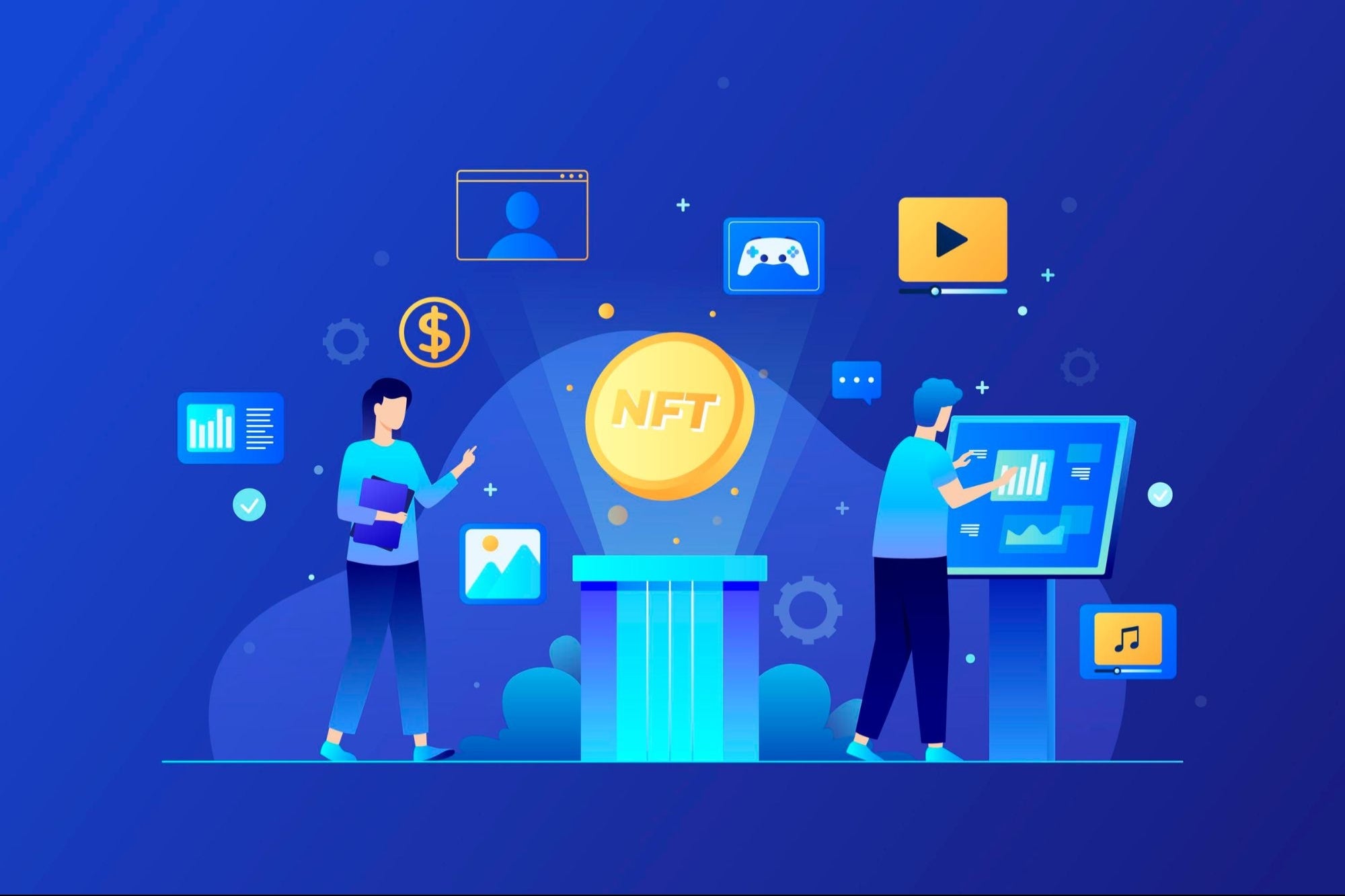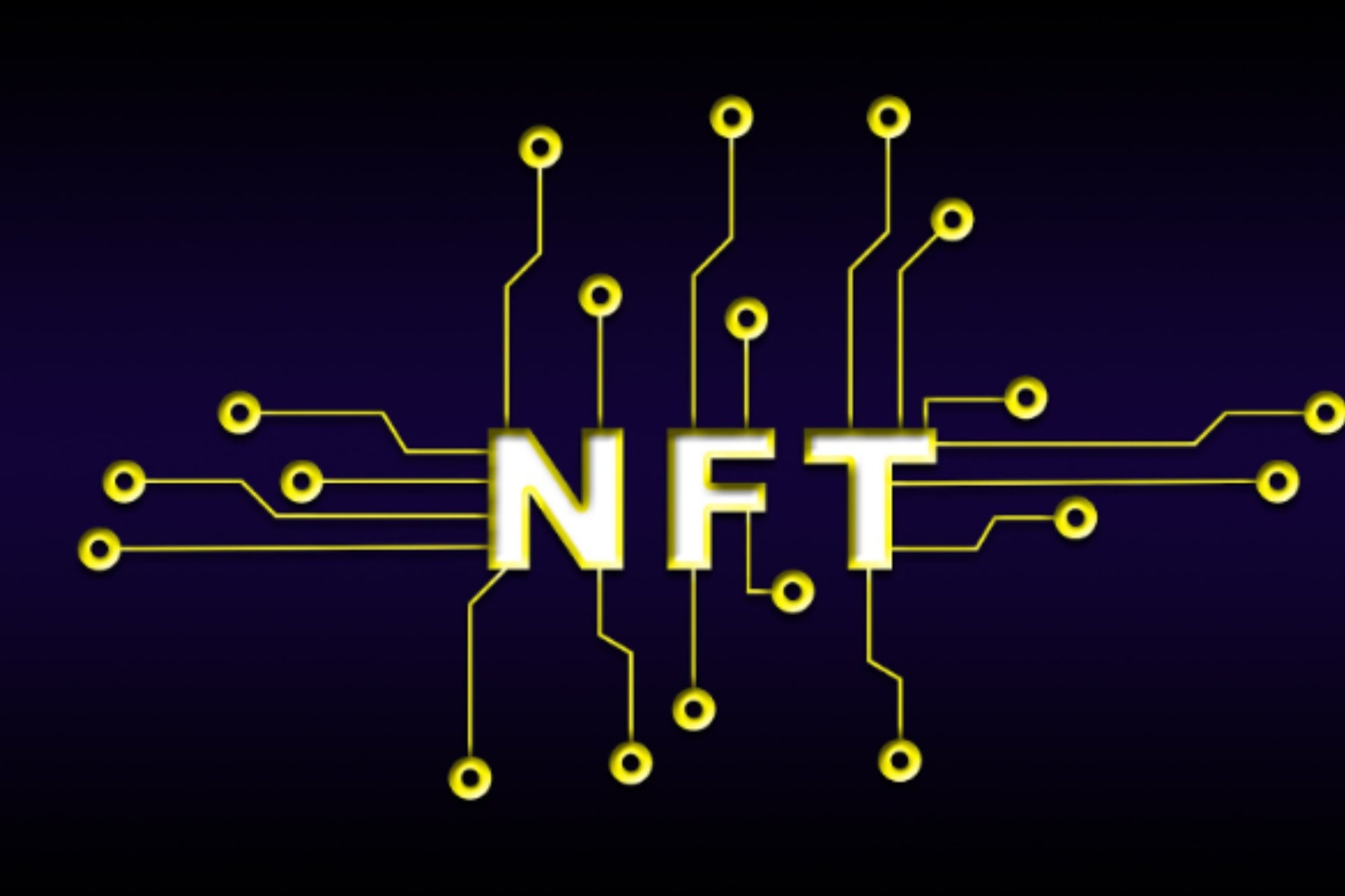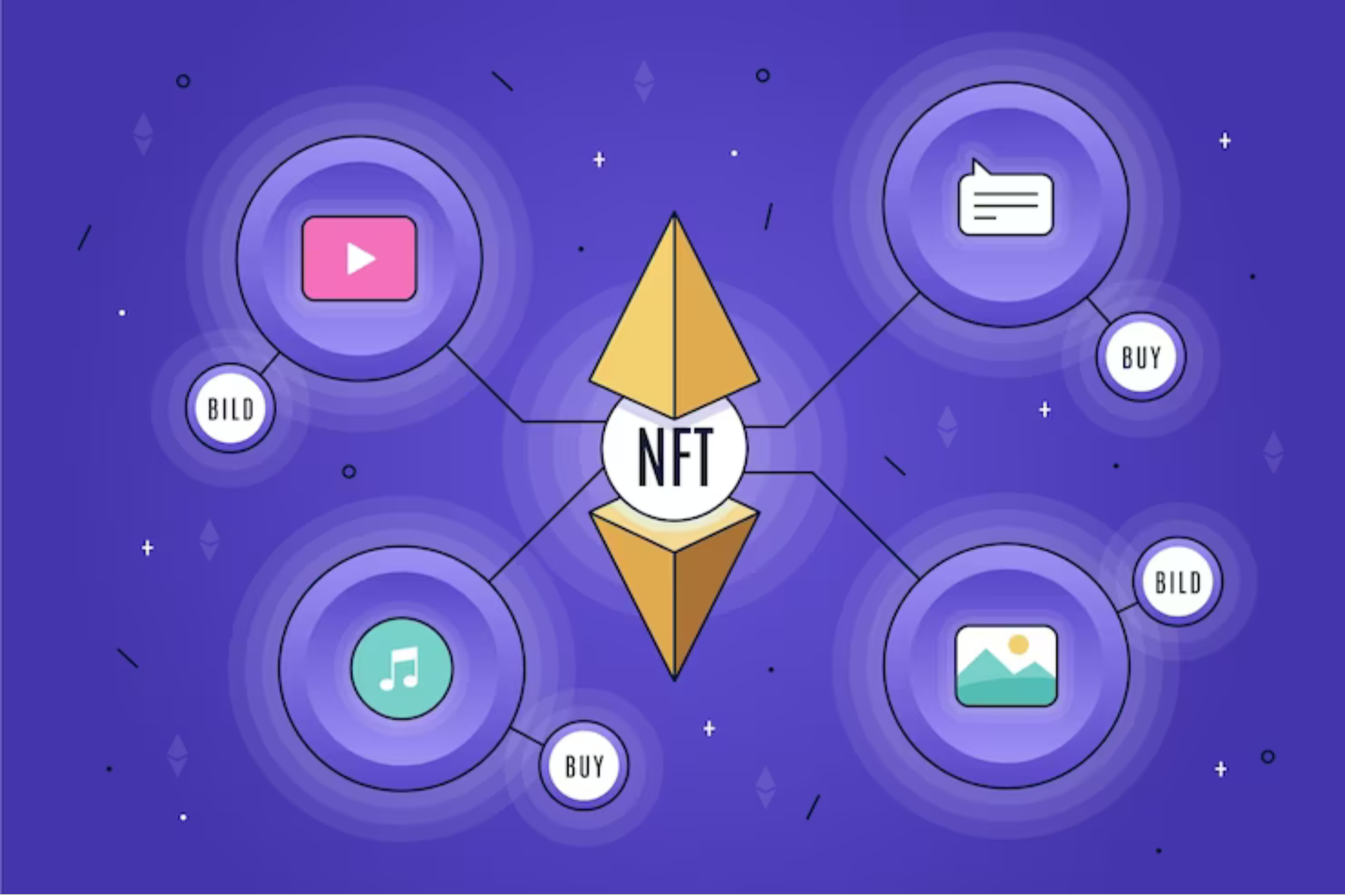In the ever-evolving landscape of blockchain technology, NFTs, or Non-Fungible Tokens, have emerged as a revolutionary force. These digital assets, often representing unique items, artworks, or collectibles, have taken the world by storm. With the NFT market price skyrocketing and NFT tokens price seeing unprecedented fluctuations, it’s no wonder that investors and creators alike are exploring various avenues in the NFT space. One such avenue is the White Label NFT Marketplace. In this article, we will delve into the concept of White Label NFT Marketplaces, their advantages, and how they contribute to the broader NFT ecosystem.
Understanding NFTs and Their Market
Before we dive into White Label NFT Marketplaces, let’s quickly review what NFTs are and why they are making waves. NFTs are unique digital tokens that are indivisible and irreplaceable, making them perfect for representing ownership and authenticity in the digital world. These tokens can represent a wide range of digital or physical assets, from digital art and music to virtual real estate and collectibles.
The NFT market has seen rapid growth, with the NFT market price constantly in the headlines. The appeal of NFTs lies in their scarcity, uniqueness, and the transparent nature of blockchain technology. Investors and creators are flocking to the NFT space in search of the best NFT gaming, an opportunity to create, own, and trade these digital assets.
NFTs and the NFT Price Chart
To comprehend the significance of White Label NFT Marketplaces, it’s crucial to consider the price dynamics of NFTs. NFT prices can vary wildly, and tracking these fluctuations is essential for investors and creators. The NFT price chart is a visual representation of the price history of a specific NFT or a collection of NFTs. This chart provides insights into price trends, helping individuals make informed decisions regarding buying or selling NFTs.
The NFT price chart serves as a barometer for the NFT market, offering a glimpse into the value of digital assets and the overall health of the NFT ecosystem. As NFTs for sale become more diverse and creative, the price chart becomes a vital tool for market participants.
The Role of NFT Blockchain in White Label NFT Marketplaces
NFTs are typically built on blockchain technology, with Ethereum being the most commonly used blockchain for NFT creation and trading. Blockchain technology provides the backbone for NFTs, ensuring the security, transparency, and immutability of ownership records. It’s important to note that the blockchain chosen for NFTs can significantly impact transaction costs, scalability, and environmental considerations, such as energy consumption.
White Label NFT Marketplaces operate on blockchain networks, allowing creators to mint and trade NFTs securely. The choice of blockchain for a White Label NFT Marketplace can influence factors like gas fees and transaction speed, making it an essential consideration for those looking to create and manage their NFT marketplace.
White Label NFT Marketplaces: Unveiling the Concept
Now, let’s explore the concept of White Label NFT Marketplaces. A White Label NFT Marketplace is a platform or solution that allows individuals or businesses to create their NFT marketplaces without building everything from scratch. Think of it as a turnkey solution that provides all the necessary tools and infrastructure to launch an NFT marketplace, often customizable and rebrandable according to the user’s requirements.
The term “white label” implies that the platform is generic and can be labeled or customized with the user’s branding. This flexibility allows entrepreneurs, artists, and businesses to harness the power of NFTs without investing significant resources in platform development. White Label NFT Marketplaces offer a quicker and more cost-effective route to enter the NFT market.
Advantages of White Label NFT Marketplaces
- Cost-Effective Entry: Building a custom NFT marketplace can be a time-consuming and expensive process. White Label NFT Marketplaces provide a budget-friendly alternative for those looking to enter the NFT space.
- Customizability: These platforms allow users to personalize the marketplace with their branding, ensuring a unique and cohesive user experience.
- Faster Time-to-Market: White Label NFT Marketplaces are ready-made solutions, enabling a quicker launch and a competitive edge.
- Security and Infrastructure: Users benefit from the security and infrastructure of the parent platform, which may have already overcome technical challenges and vulnerabilities.
- Community and Support: White Label solutions often come with a built-in user base and support network, which can be invaluable for newcomers.
The Best NFT Marketplaces for White Label Solutions
There are several White Label NFT Marketplace solutions available, each offering a unique set of features and advantages. Some of the best NFT marketplaces for white label solutions include:
- OpenSea: OpenSea is a popular NFT marketplace that offers a white label solution. It’s known for its user-friendly interface and broad range of available NFTs.
- Rarible: Rarible is an NFT platform that allows users to create and trade unique digital assets. They offer a white label solution for those looking to launch their NFT marketplace.
- Matic (now Polygon): Matic, now rebranded as Polygon, is a Layer 2 scaling solution for Ethereum. It offers a white label solution for building NFT marketplaces with low gas fees and fast transactions.
- Mattereum: Mattereum is known for its legal and technical infrastructure for NFTs. They offer a white label solution for NFT marketplaces with a strong emphasis on real-world asset integration.
Embracing the Future of NFTs with White Label NFT Marketplaces
As the NFT market continues to grow, White Label NFT Marketplaces provide an accessible and efficient way for entrepreneurs, artists, and businesses to participate in this digital revolution. These platforms empower users to create, brand, and manage their NFT marketplaces, capitalizing on the dynamic NFT market price and the myriad opportunities it presents.




